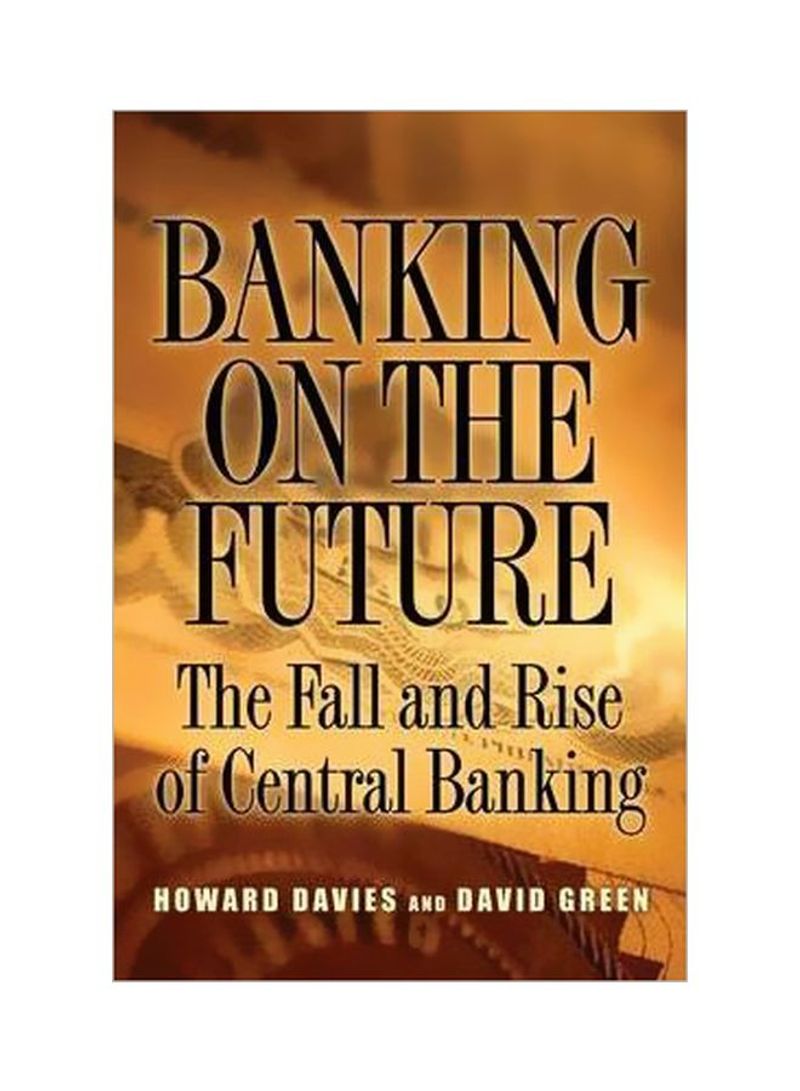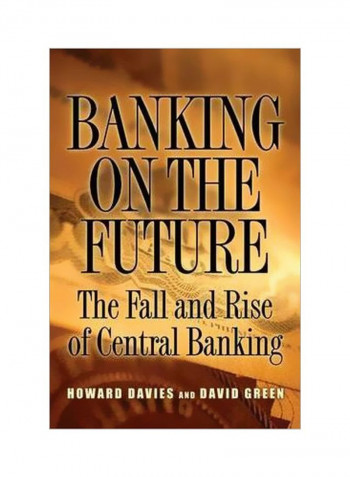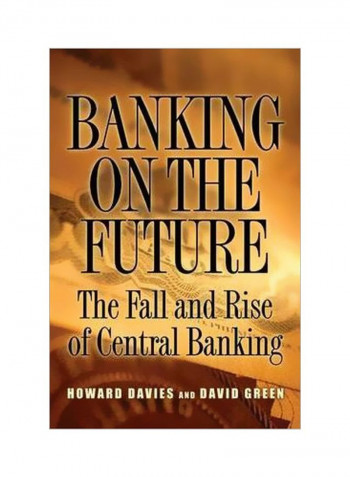Banking On The Future:The Fall And Rise Of Central Banking Hardcover English by Howard Davies - 28 April 2010
Recommend
Sort by
Rating
Date
Specifications
Author 1
Howard Davies
Book Description
The crash of 2008 revealed that the world's central banks had failed to offset the financial imbalances that led to the crisis, and lacked the tools to respond effectively. What lessons should central banks learn from the experience, and how, in a global financial system, should cooperation between them be enhanced? Banking on the Future provides a fascinating insider's look into how central banks have evolved and why they are critical to the functioning of market economies. The book asks whether, in light of the recent economic fallout, the central banking model needs radical reform. Supported by interviews with leading central bankers from around the world, and informed by the latest academic research, Banking on the Future considers such current issues as the place of asset prices and credit growth in anti-inflation policy, the appropriate role for central banks in banking supervision, the ways in which central banks provide liquidity to markets, the efficiency and cost-effectiveness of central banks, the culture and individuals working in these institutions, as well as the particular issues facing emerging markets and Islamic finance. Howard Davies and David Green set out detailed policy recommendations, including a reformulation of monetary policy, better metrics for financial stability, closer links with regulators, and a stronger emphasis on international cooperation. Exploring a crucial sector of the global economic system, Banking on the Future offers new ideas for restoring financial strength to the foundations of central banking.
Language
English
Publisher
Princeton University Press
Publication Date
28 April 2010
Number of Pages
336
About the Author
Howard Davies is director of the London School of Economics and Political Science. Previously, he was chairman of the United Kingdom's Financial Services Authority and deputy governor of the Bank of England. David Green has worked for almost forty years as a central banker and financial regulator, principally at the Bank of England and the Financial Services Authority. Davies and Green are the authors of "Global Financial Regulation".
Editorial Review
Named one of Financial Times (FT)'s Books of the Year in Nonfiction Round-Up in the Business & Economics list for 2010 "[T]he depth of its analysis will make Banking on the Future an important source of insights for years to come."--Ed Crooks, Financial Times "The best assessment yet of the role played by the leading western central banks--the U.S. Federal Reserve, the ECB and the Bank of England--in the run-up to the financial crisis and beyond, from two former insiders at the top level of UK policymaker."--Financial Times (FT Critics Pick 2010) "Buy the book with confidence."--Jane Fuller, Financial World "Books on central banking usually vie with pills as sleep inducers, but Banking on the Future: The Fall and Rise of Central Banking is actually a page-turner."--Andrew Allentuck, National Post "In this forensic and engaging overview, Susan Hough presents a frank, entertaining and personal review of the history of ideas, practice, personalities and experience in the science of earthquake prediction. Although Hough is a respected scientist, she takes a journalist's viewpoint here, not shying away from legitimate criticism of those she regards as friends, and taking on the credulous at the edge of, or even beyond, the mainstream scientific."--Ian Main, Times Higher Education "[A] valuable, accessible volume... This clear, nontechnical guide on the present and future of central banking from two eminent policy makers could not have come at a better time."--Choice "A better title for this book would have been: All You Ever Wanted to Know About Central Banking and More... Davies and Green provide much to inform and interest diverse audiences...[I]t's a book that practitioners and students of central banking need to have on their shelf."--Management Today "We get an insider's view of the nuts and bolts of central banking, but not so inside that the authors are uncritical. They readily identify the pressure to change regulations or advice when regulators feel under pressure to display expertise in new issues... These are snippets of insight that only critical insiders know how to capture."--Dick Bryan, Australian Review of Public Affairs



